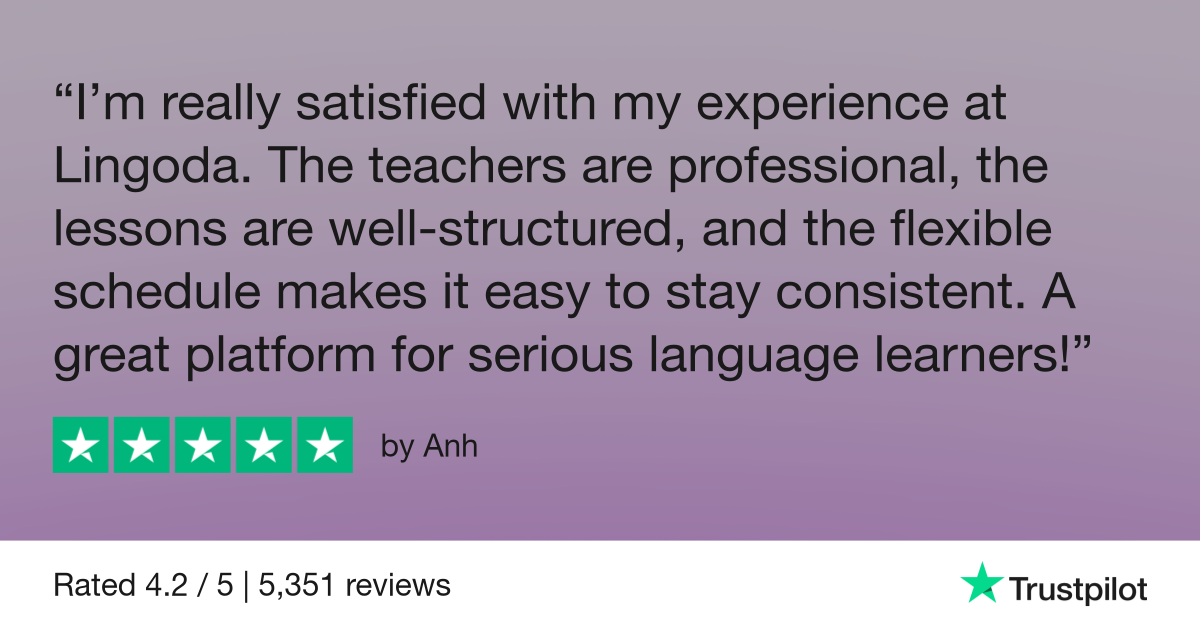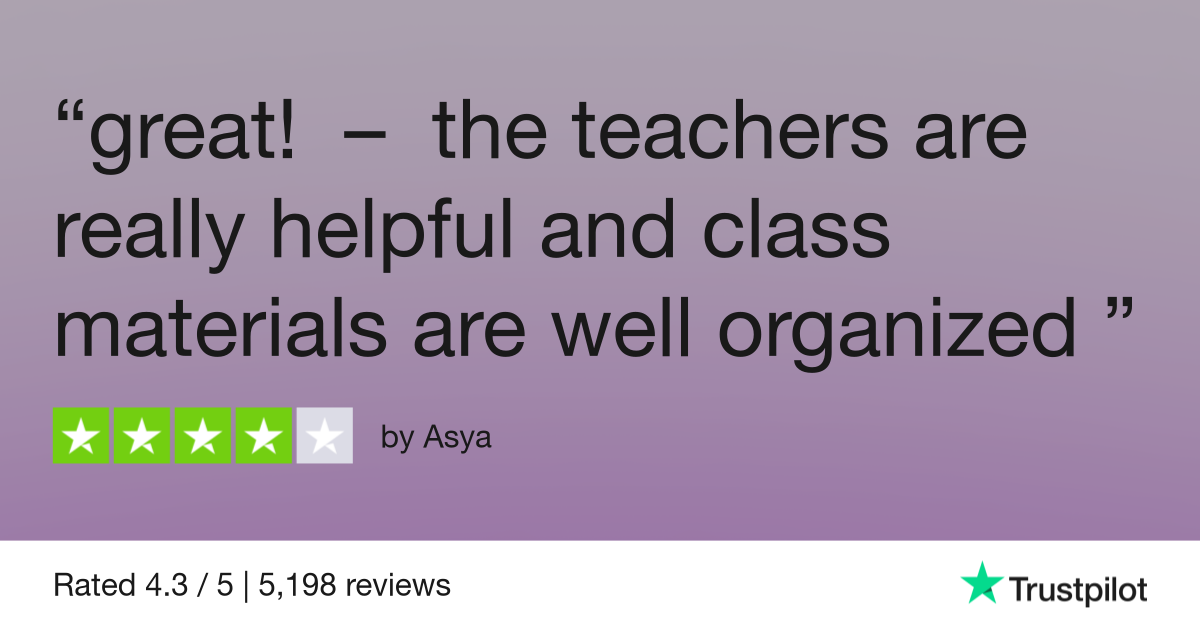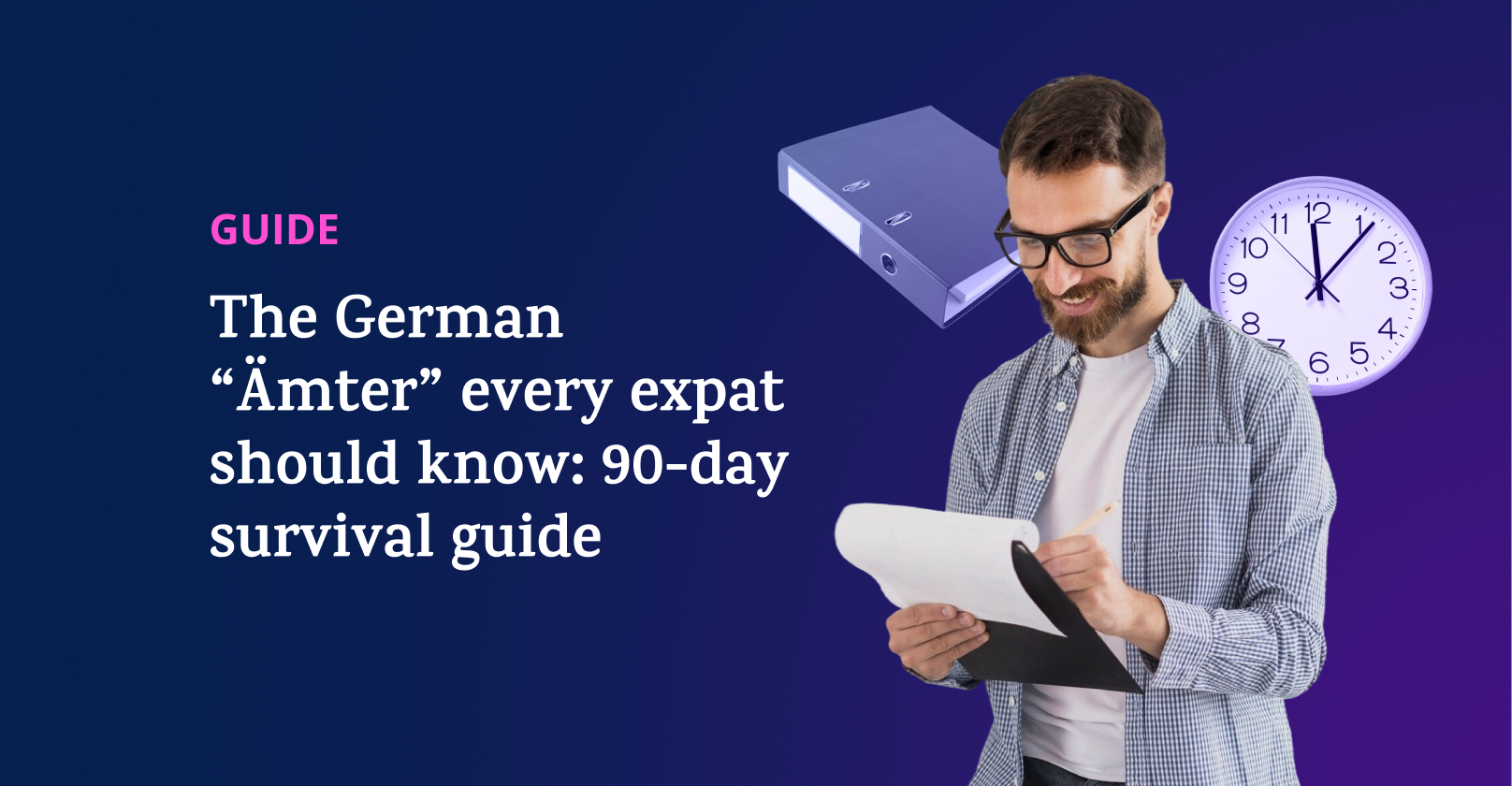What ‘genau’ means in German (and why you’ll hear it everywhere)

Spend five minutes in a German conversation, and you’ll hear it: “Genau.” Then again. And again. It’s one of the most common — and strangely satisfying — words in the language. But what exactly is the meaning of genau in German, and why do Germans use it so much?
In this article, we’ll unpack the core meaning of genau, easily the most versatile of German words you need to know. We’ll explore how it’s used in real conversations and uncover the cultural logic behind its popularity. Spoiler: it’s not just about agreement. It’s about precision, confirmation and maybe a little national personality.
The core meaning of ‘genau’
At its heart, genau means “exactly” or “precisely.” It’s a word of agreement, of hitting the nail on the head. In conversation, it’s often used to confirm information in a calm, matter-of-fact way.
- Ist das dein Auto? (Is that your car?)
- Genau.(Exactly.)
But genau does more than that. It often stands in for “yes,” “that’s right” or “correct.” It's the verbal equivalent of a head nod — confident, low-key and unmistakably German in its refusal to overcommit emotionally.

Learn German with Lingoda
How it works

Different ways Germans use ‘genau’
Once you start noticing it, genau is everywhere — and it wears a few different hats depending on the context. Here are some of its most common uses:
To strongly confirm or agree with someone’s statement:
- Das war gestern ziemlich kalt. (It was pretty cold yesterday.)
- Genau.(Exactly.)
- Das war doch deine Idee, oder? (That was your idea, right?)
- Ja, genau! (Yes, exactly!)
To emphasize a point:
- Genau das habe ich gemeint. (That’s exactly what I meant.)
- Genau so habe ich das gemacht. (That’s exactly how I did it.)
As a conversation filler:
- Genau… und dann haben wir das Projekt abgeschlossen. (Right… and then we finished the project.)
Often used to confirm that something was done or understood the same way:
- Soll ich das so machen? (Should I do it like that?)
- Ja, genau so. (Yes, just like that.)
Similar expressions:
- stimmt (true)
- richtig (correct)
- eben (exactly/just so)
But genau remains the most versatile of the bunch.
Why Germans love saying ‘genau’
Germans love saying “genau.” Why? Because it’s the perfect word: short, polite, flexible and usable in just about any situation — formal or casual, serious or friendly.
Some language learners even joke that Germans lean on genau even more than ja — and, honestly, they might be onto something.
In conversations, you’ll often hear the listener emit a steady drumbeat of genau’s while taking in the speaker’s information. It’s a kind of verbal punctuation, signaling active engagement and an “I’m with you” vibe. Kind of like how English speakers say “Right… right… yeah, exactly… yeah…”
It’s not overbearing. It doesn’t interrupt. It just smooths out the flow of conversation. Once you tune in, you’ll start hearing genau all around you. And before long, you’ll probably start using it yourself.
Why ‘genau’ is your new favorite word
It may be short, but genau carries a lot of weight. It’s a tiny word that helps you sound natural, listen actively and blend into German conversations with ease.
Mastering genau is less about grammar drills than about tuning into how real people speak. And that’s exactly what Lingoda is about. In our live classes with native-speaking teachers, you’ll practice the everyday stuff: conversation flow, real vocabulary and those subtle cues — like knowing when a genau is better than a ja.So keep an ear out as you learn German with Lingoda. Whether you're at a café, in a meeting or just watching a German YouTuber nod along, you’ll hear it.

Learn German with Lingoda
How it works

















